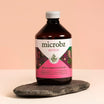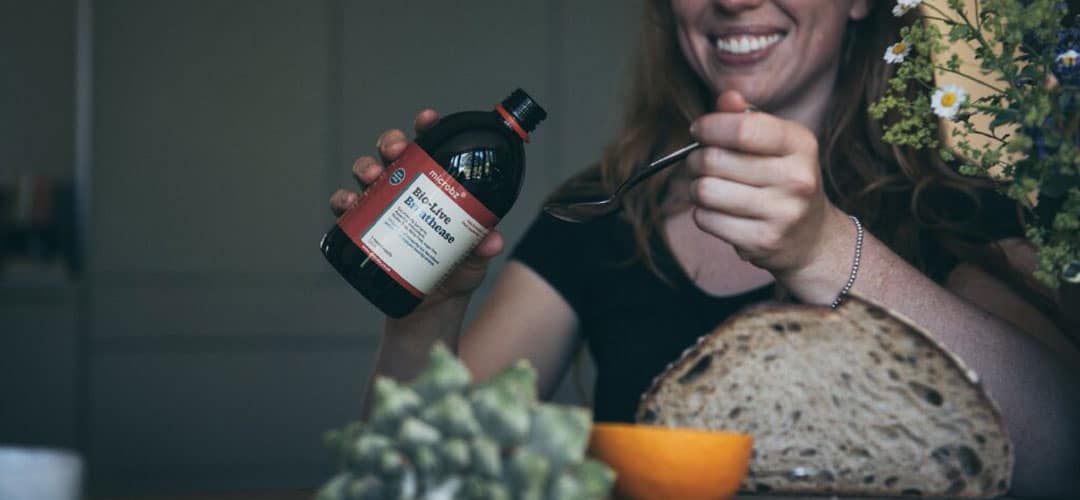Asthma is the most common long-term medical condition. Right now, 5.4 million people in the UK are getting treatment for it: 1 in every 12 adults suffers from the condition and over 1 million children. Asthma causes swelling in the airways. This results in narrowing of the airways that carry air from the nose and mouth to the lungs. Allergens or irritations entering the lungs trigger asthma symptoms such as wheezing, chest pain, trouble breathing and endless coughing. When people with asthma get respiratory infections, it can set off their asthma symptoms.
COVID-19 can cause what doctors call a respiratory tract infection. It can affect your upper respiratory tract (sinuses, nose, and throat) or lower respiratory tract (windpipe and lungs). With this in mind, maintaining a healthy gut and taking herbs and minerals that support the respiratory system at this time will support your immune system and can increase your resilience against COVID-19 and other diseases.
Research also suggests that more people are suffering with allergies and asthma and scientists say that this correlates with society's increasing use of antibiotics and chemicals that kill bacteria. This may mean that our modern way of living could be stripping people of their natural defences, which are vital to prevent asthma and allergies.
Is your environment too clean? When children are growing in their mother's womb, they are protected from bacteria thanks to the sterile and germ-free environment within. For babies born vaginally, bacterial exposure begins during the exit from the birth canal, and this may have a life-long effect on their immune system. Research suggests this process can kick-start the body's ability to fight off germs. Babies born by C-section may miss out on this extra burst of bacteria at birth, but the good news is that breastmilk is also packed full of beneficial bacteria. After birth, children are exposed to an ever-evolving ecosystem of bacteria both internally and externally. Repeated exposure helps the immune systems to develop, enabling us to fight off common infections and preventing our bodies from hyper-responding to everyday substances such as allergens. A lack of exposure to beneficial bacteria could lead to the development of asthma and allergies and is the backbone of the hygiene hypothesis. By using disinfectant and products that kill all bacteria we may be preventing exposure and compromising our own and our family's immune systems and health.
The magic of the gut The role of gut bacteria in immune system development has been well researched and it turns out that the microbiome - the trillions of good and bad bacteria in your body - can have a big effect on asthma. When the microbiome is out of balance, the symptoms can be much worse. The microbes you encounter in the first few years of life are vital in determining how your immune system functions; if you encounter antibiotics in the first year of life, you have a 20% higher chance of developing asthma. The billions of bacteria in your digestive system play a vital role in your digestion, but they also support your immune system. The more exposure you have to different microbes at a young age, the more diverse your microbiome becomes and the healthier and more resilient you are. One way of increasing the number and variety of microbes in your gut is to take a probiotic such as microbz breathe (previously Bio-Live Breathease). This is our fermented probiotic for easier breathing. It has 15 families of live active cultures and herbs to maintain healthy airways. This powerful combination is specifically designed to:
- Aid the lungs and respiratory system
- Help the thinning, loosening and expulsion of excess mucus
- Aim to relieve asthma symptoms
- Help those who suffer from chronic bronchitis or struggle with high pollution levels







